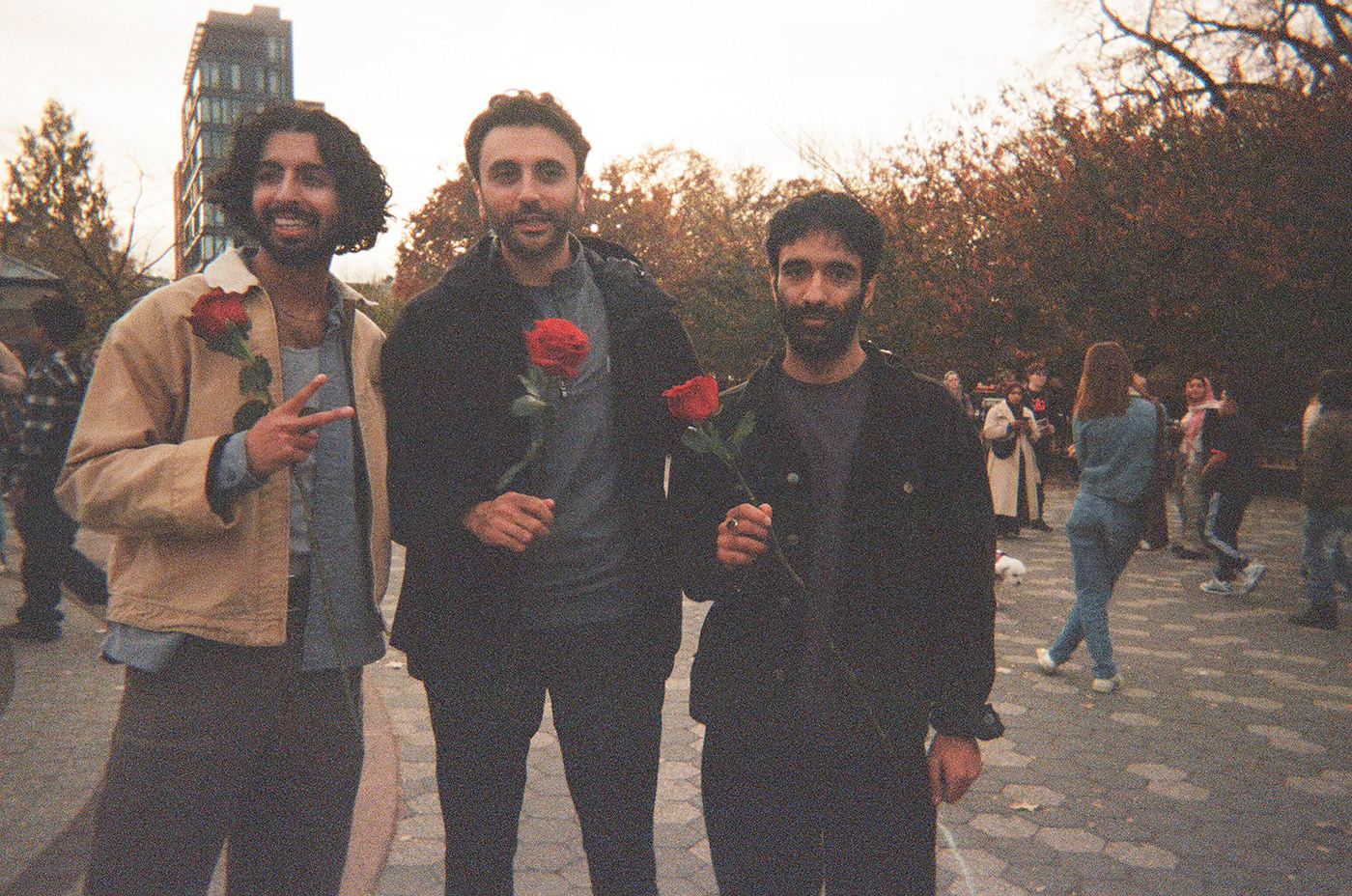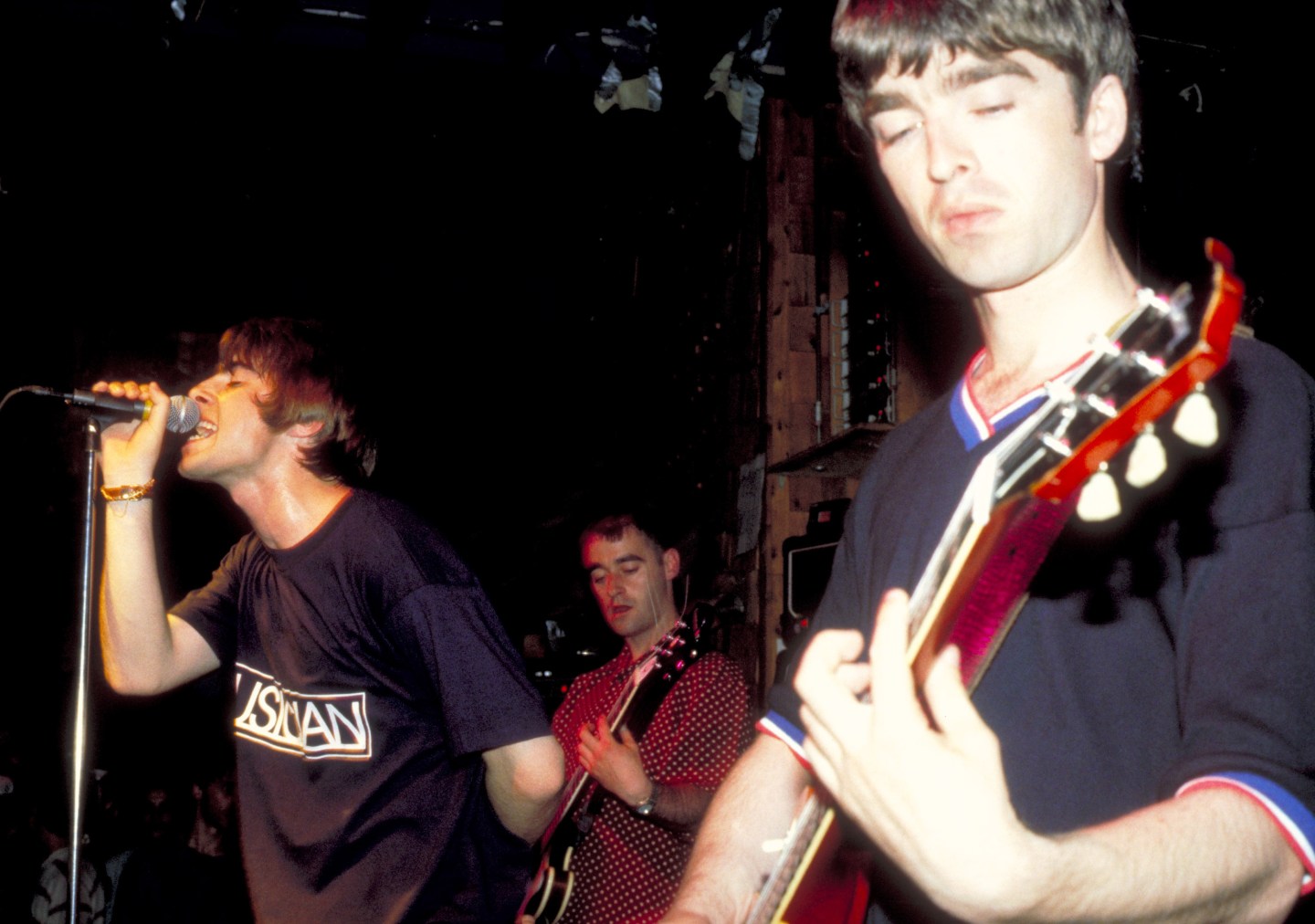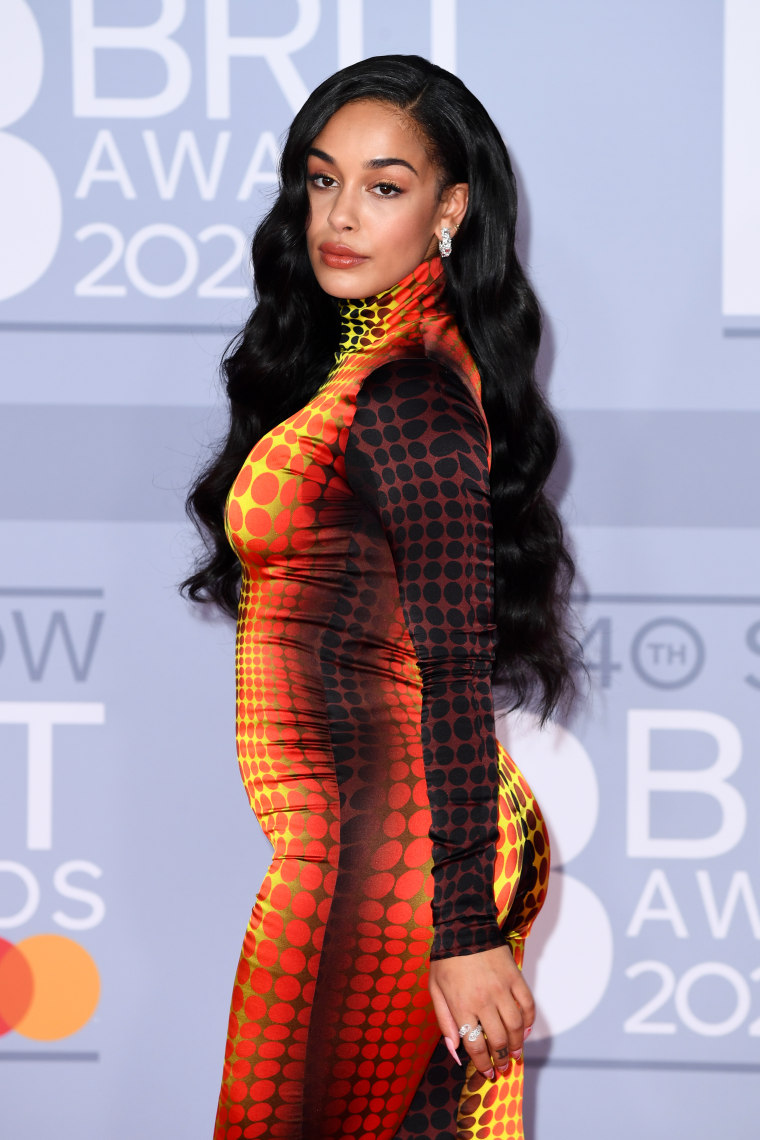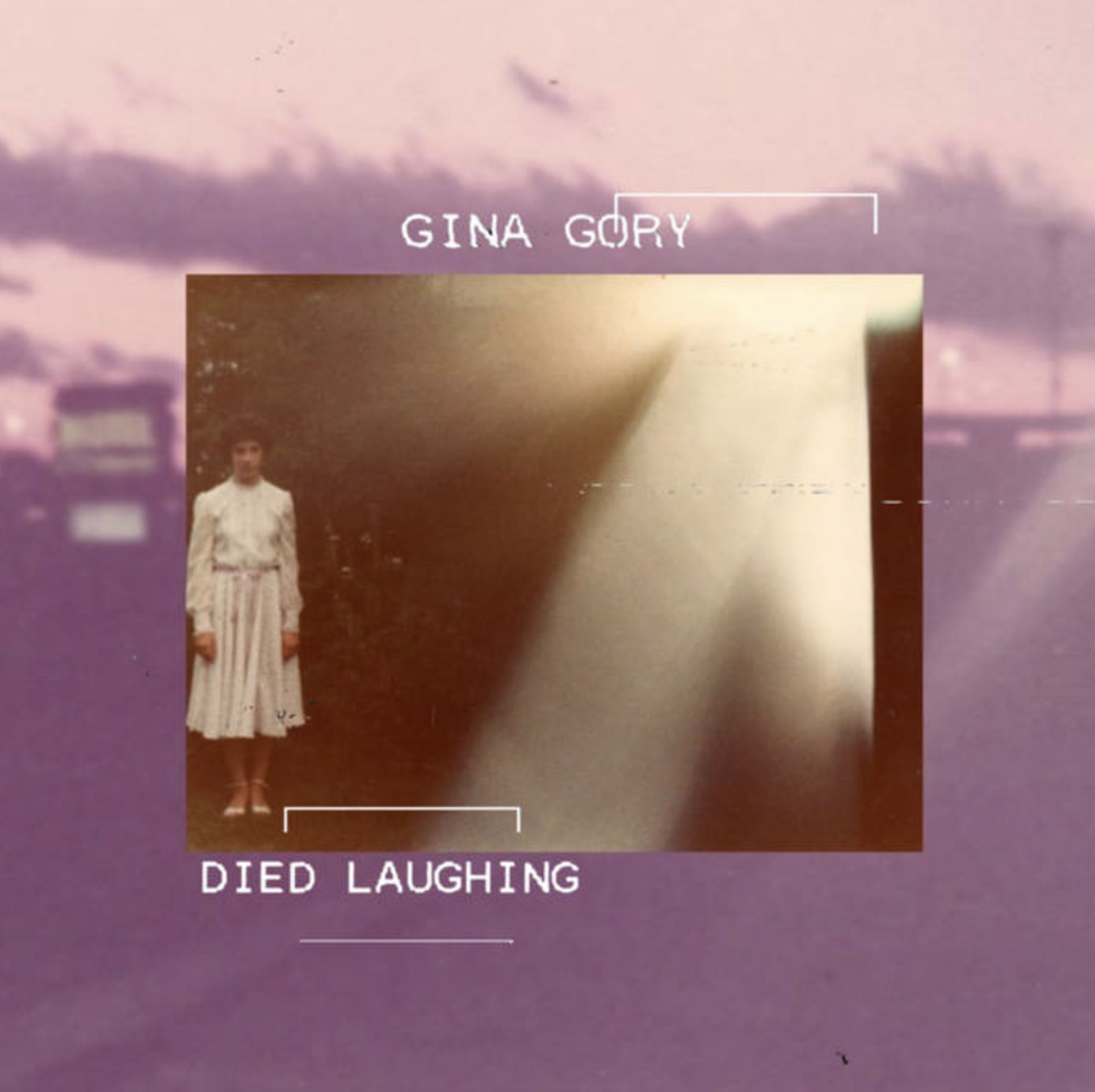Zayns. By Cady Siregar
If there was any sort of confusion regarding the seriousness of the Zayn Malik look-alike competition, inexplicably held in Bushwick, Brooklyn’s Maria Hernandez Park in the middle of November, it was all cleared up once one of the event organizers told me a contestant singing would have immediately gotten them eliminated.
“[That was] the biggest joke between my friends and I who organized this,” says Jaz Arnold, a 26-year-old vintage store employee. “We didn’t want to even hear someone try to replicate his voice. Also, I have a phobia of hearing people sing in public.”
Held on November 17, the Zayn look-alike competition was one in a spate of similar contests held in London, Dublin, Chicago, New York City, and more in recent months. The concept is simple: hundreds of too-online individuals gather, typically in an outdoor space, to rate contestants on how uncannily they resemble a certain celebrity. During the time of the Roman Empire, people would convene en masse to witness the ultimate action spectacle of gladiator matches, in which the strongest and most courageous fighters would risk their lives and social status for the ultimate honor of being bloody entertainment. This is, apparently, the 2024 equivalent: seeing which commoners closely resemble the likes of Timothée Chalamet (the inaugural competition, which the actor himself attended), Paul Mescal, Harry Styles, Dev Patel, Jeremy Allen White, and Zayn Malik. Instead of risking splattered blood and torn limbs, the contestants here are graded by the very intricate and complex science of cheers and boos.
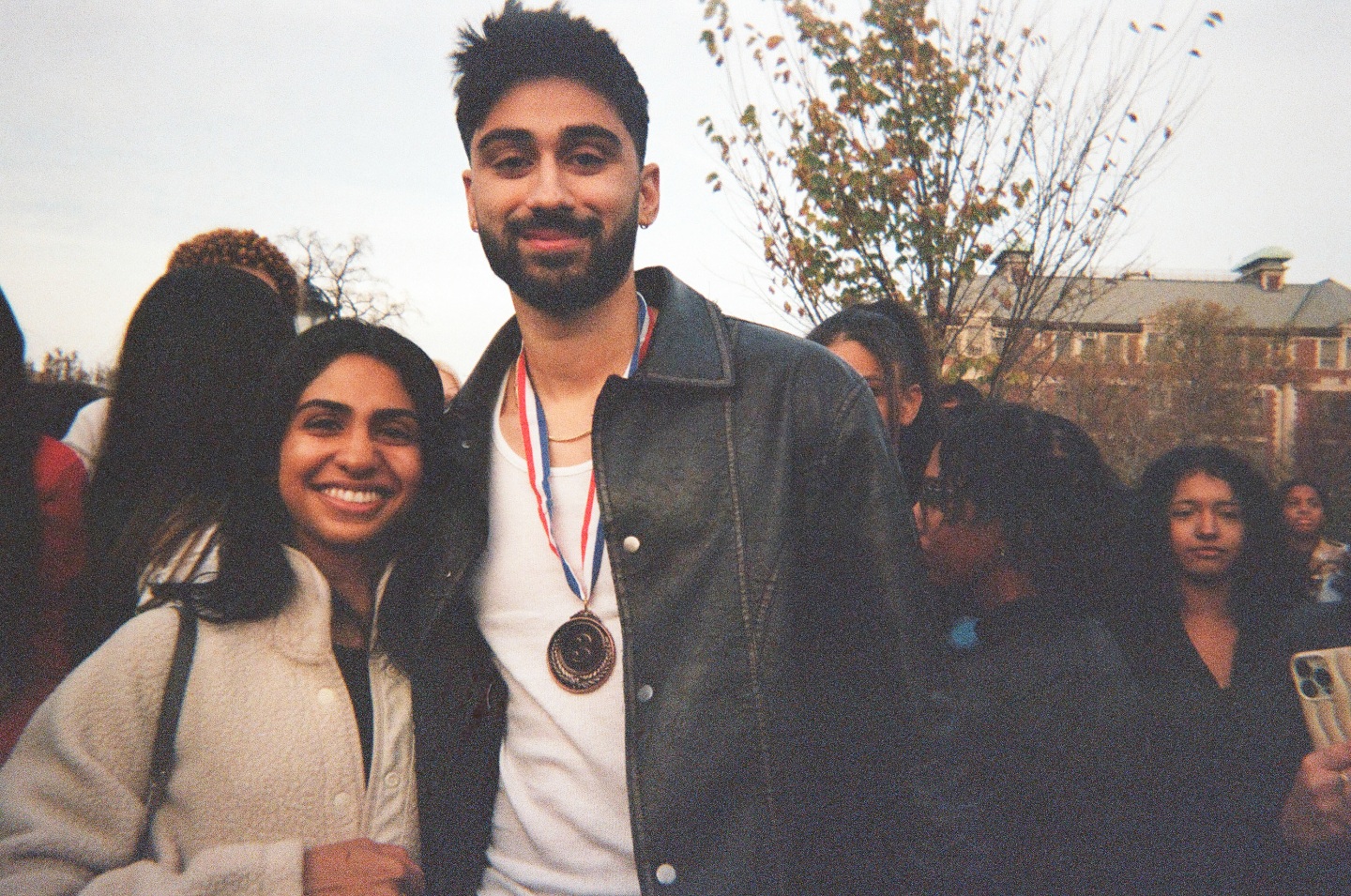
Zayn look-alike competition winner Shiv Patel. By Cady Siregar
Beyond that, there seems to be little in terms of rules for these events. If you want to enter, it’s usually an “if you show up bearing any sort of resemblance, you’re in”-type of situation. Some contests welcomed gender-nonconforming participants to enter, encouraging inclusivity. In the case of the Zayn event, all the contestants were non-white, with most being from either Pakistan or India, wore the vague combination of leather jacket and black pants, and had their hair styled in either wind-swept coif or “slicked back with one devastating lock hanging in front of their face” (if you know you know). The prizes included $50 cash or a free tattoo (first place).
“I was worried I didn’t look enough like Zayn Malik,” Jaza Syed, a 28-year-old software engineer who lives in London and was visiting NYC, says. He placed fifth (and was the only British contestant). When I ask him what ultimately made him enter, he replies, “I turned up and realized that nobody else looked like Zayn Malik, either.”
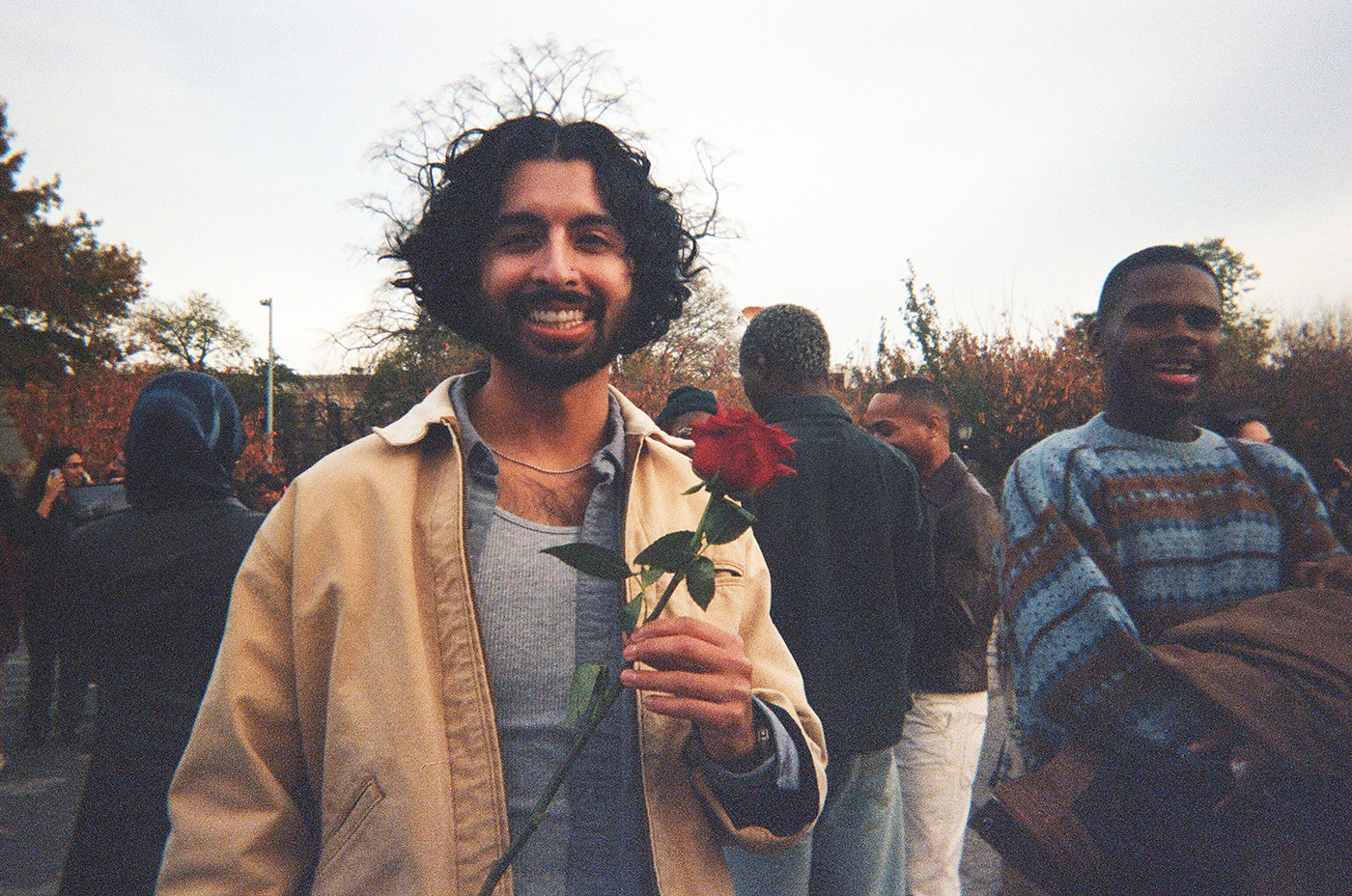
Zayn look-alike contestant Shahid Khan. By Cady Siregar
“I felt like it would be too good of a story not to be able to tell,” Shahid Khan, 28, another contestant who works in politics, adds. “I think we’re at a time period right now where everybody is asking, like, what are the liberatory politics of a Zayn Malik look-alike competition? I don’t think there are any, beyond the fact that it gets a bunch of brown people who might not have met each other to hang out for a day, which I think is cool.”
When video footage of the Zayns all gathered on stage arrived online, some initial online reactions were incredulous, bordering on angry, as they remarked that the contestants all being “brown” was the only common denominator; others laughed the event off as simply a glorified “Handsome Brown Men In Bushwick” congregation. But in person, the vibe was light-hearted and silly, with many people even foreseeing its dating-pool potential.
“In the back of my head, I was like, ‘Oh, maybe I’ll find somebody cute,’” Arnold says. “But a lot of them honestly were either taken or gay, or had their girlfriends force them to enter.” One fan marched through the crowds, determined to get all the Zayns to sign her One Direction book. Another was giving out her contact details via a printed-out slip containing her name and number. Someone else decided to forego decorum altogether by simply holding a giant sign that read: “Do you… look like Zayn? Like girls? Want to be in a relationship? Get our number so we can talk from ‘Dusk till Dawn’ (Bonus points: Having the Zayn curl).” As each competitor stepped up to the stage, chants of “MORE ZAYN! MORE ZAYN!” spread through the crowd. The eventual winner, Shiv Patel, 29, charmed the plebian judges when he declared his favorite song was “Pillow Talk.”
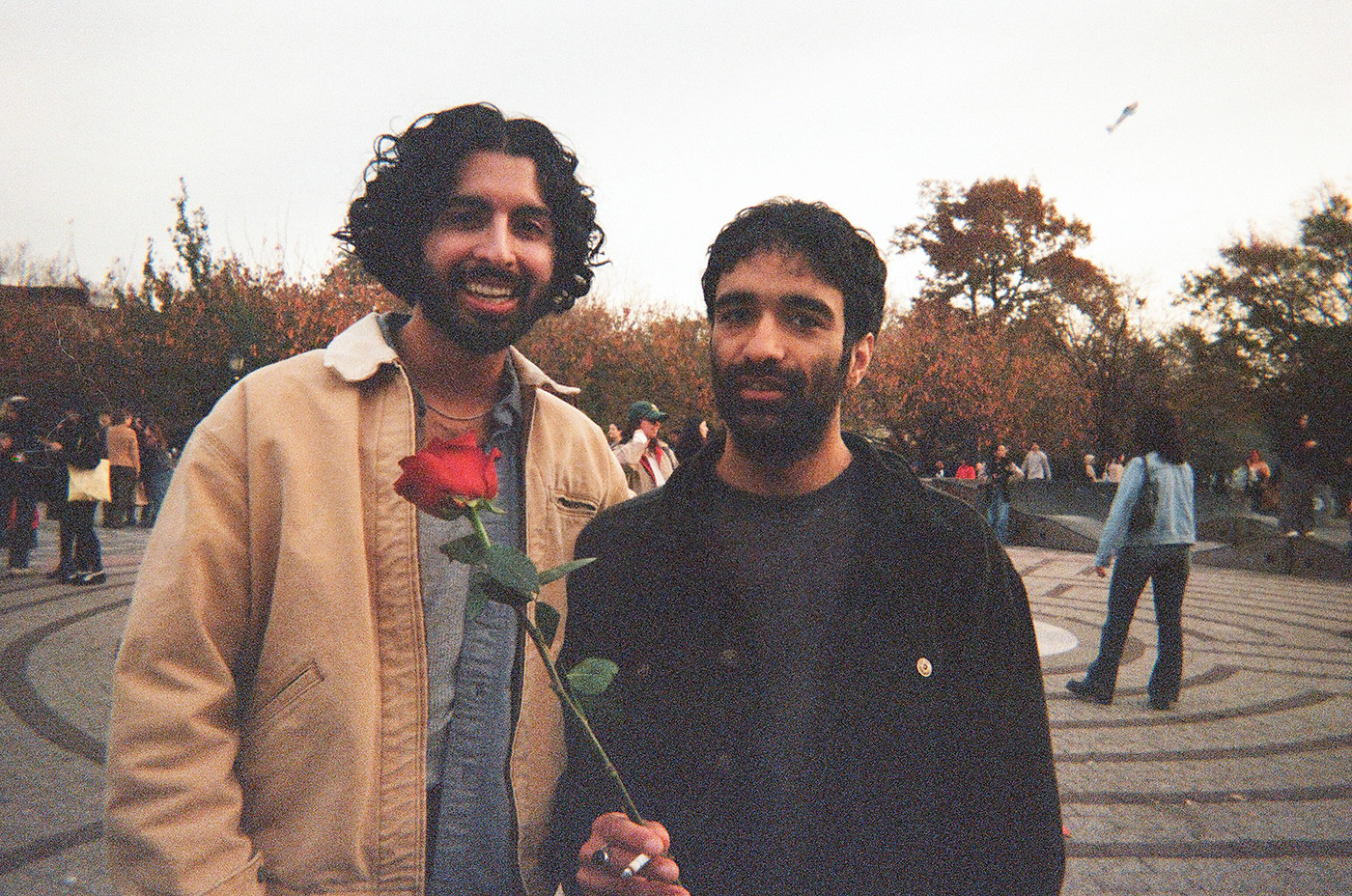
Shahid Khan and Jaza Syed. By Cady Siregar
It’s hard to pinpoint the exact reason why look-alike competitions have transfixed audiences globally, but looking at current social conditions is a good place to start. Per multiple recent polls and studies, loneliness is at an all-time high and so is our addiction to our screens. And while it’s true online communities help bring people together through the digital ether, that temporary bond still can’t replace face-to-face, IRL interaction.
The feral, hyperactive response to these look-alike contests could be a result of people looking for connection away from their screens, to experience something collectively not online but in real time, in the flesh. (Ironically, YouTuber Anthony Po, who kicked off the trend, organized the Timothée Chalamet contest for content for his stunts channel.) The Zayn event, specifically, seemed to carry a heightened communal spirit. “The energy that day was really wonderful,” Arnold says, reflecting on the event. “I do think a lot of the culture of fans, especially girl fans of One Direction and Zayn, have this really strong sense of community and there’s this understanding between all of us. I think maybe that was why it was so peaceful.”
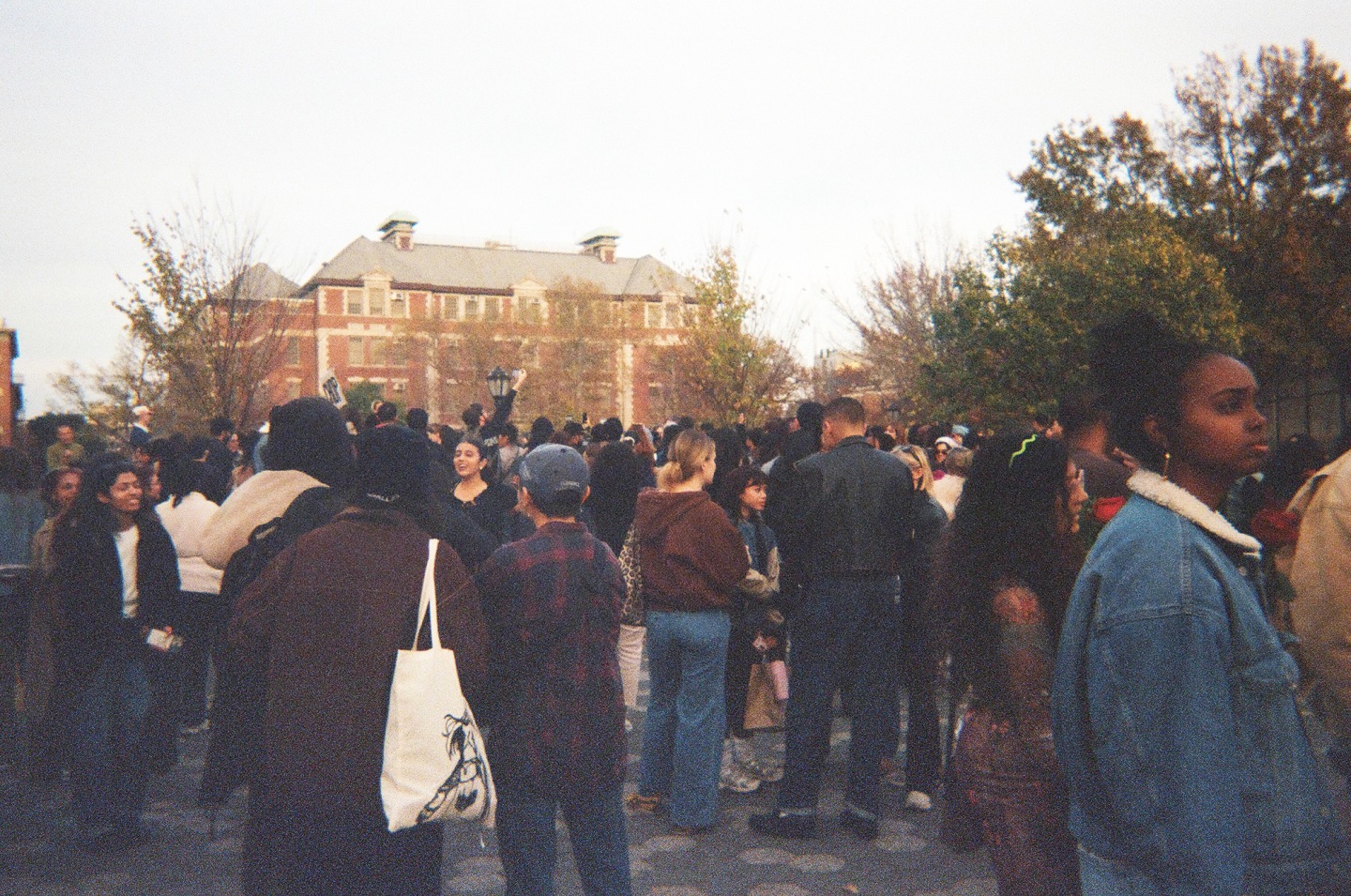
Maria Hernandez Park. By Cady Siregar
How long these contests will continue is unclear, but for the moment they do seem to have cured some sort of collective ennui. Recent events included a double entry for Challengers duo Art and Patrick; K-pop is now getting involved, with a Mark from NCT contest set to take place at NYC’s Washington Square Park on December 7. With the overwhelming majority of look-alike contests being male-centric, there have been calls to include more female celebrities: Zendaya, Rachel Senott, and Bella Hadid. (Though, the disparity might point to a certain kind of catharsis gained from women finally being allowed to not only openly objectify but boo men in public.) As for how the celebrities themselves feel? Mescal called his contest “bananas” while conceding the winner did capture “the spirit of me very well.”
Look-alike contests are an inherently silly and frivolous conceit, both a recession indicator and an evocation of the feeling of a first-term Obama presidency. But in times like these, I’ll take what I can get.
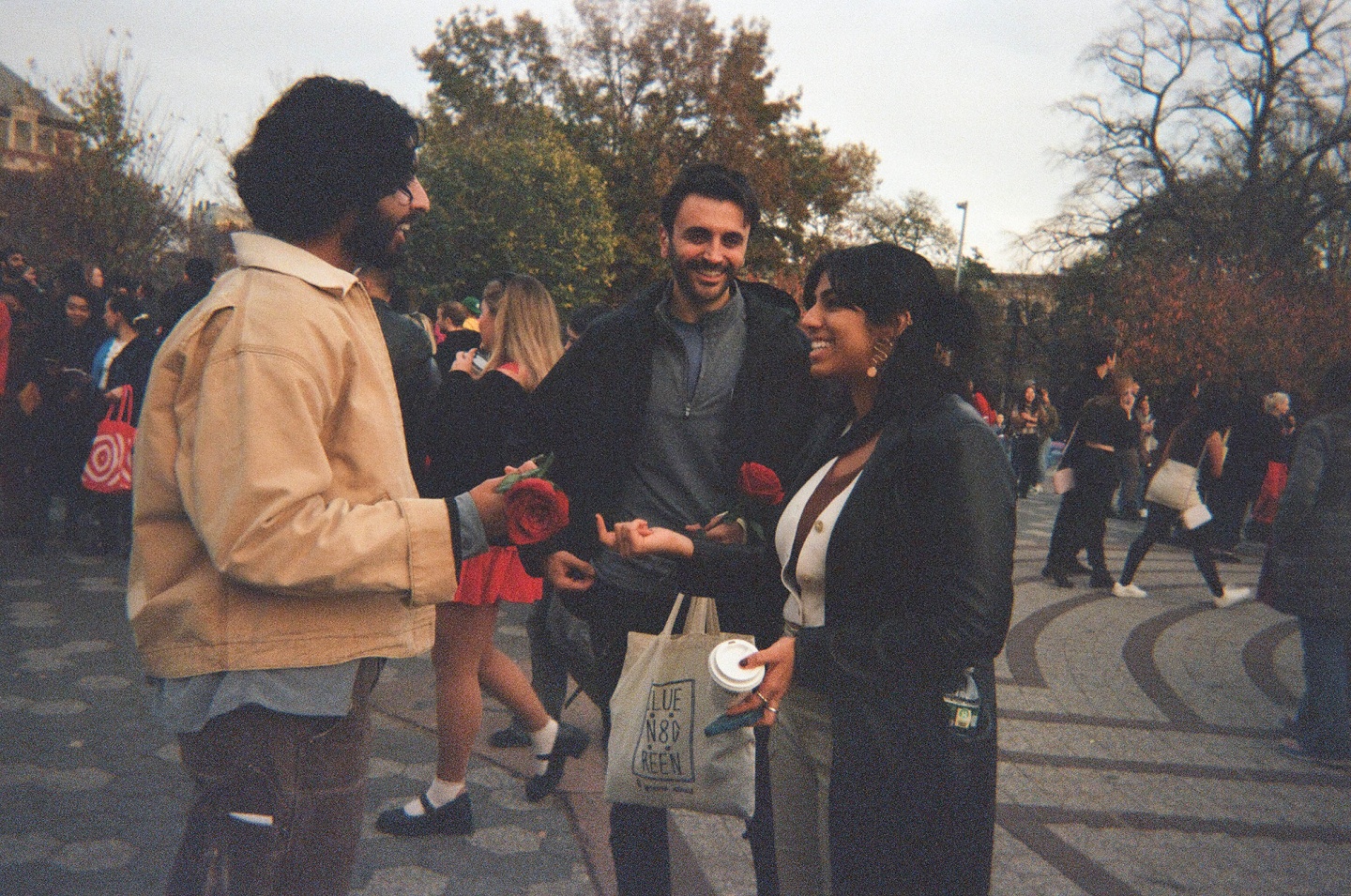
By Cady Siregar

